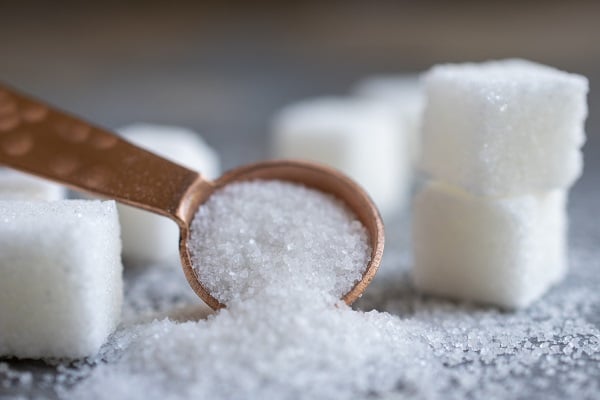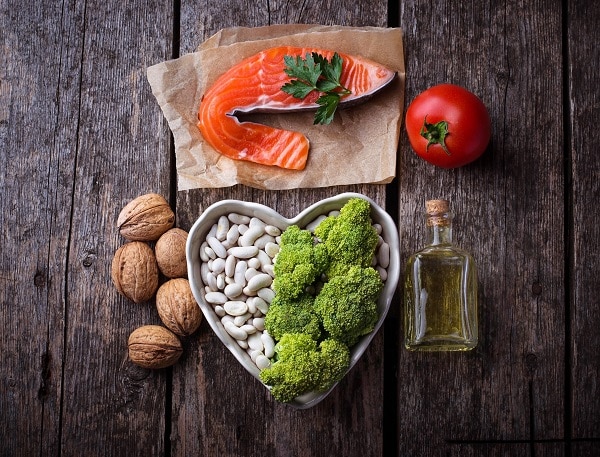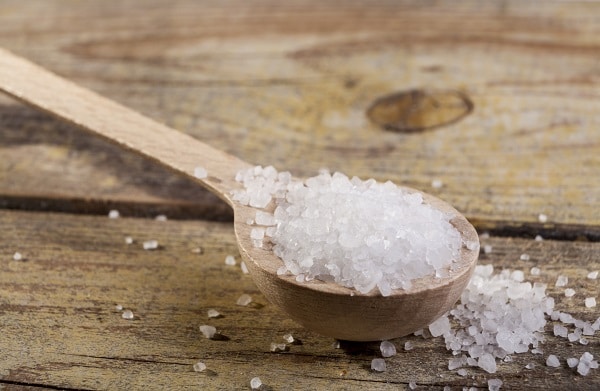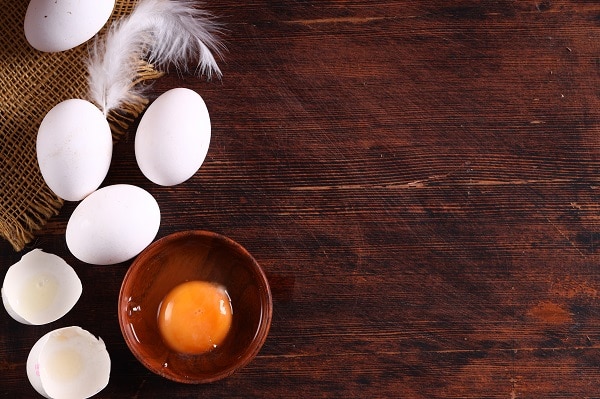Everyone wants to be healthy. But there are a lot of misconceptions about what that means and how to get there. The result is confusion, frustration and wasted time and money as we try one fad after another in search of the answer .
The good news is, there’s no need to be so confused. Most of what we’re led to believe about health just isn’t true, and the things that are true aren’t always easy to understand. This article will take a look at ten common myths and bust them for you in plain English.
Contents
Get Rid Of Sugar Completely

It’s tempting to view sugar as the enemy and try to banish it from your diet. Doing so probably isn’t realistic, and there’s no evidence that it will do you any good. In fact, there’s some concern about the long-term effects of a sugar-free diet. For instance, we rely on glucose for quick energy and while many foods convert fairly easily to glucose, such as bread and potatoes , taking carbohydrates out of your diet means taking them out of your body .
Sugar is not healthy or unhealthy. The key is moderation, keep added sugars low (no more than one third of your daily calories) and spread them evenly across all the foods you eat , rather than concentrating them in sugary snacks.
Eat A Low-Fat Diet

This is one of the oldest health myths out there, and it doesn’t seem to be going away. But it’s not true. The idea comes from old studies that have been debunked over and over again, showing that people who ate a lot of fat became less healthy than those who didn’t . What nobody mentioned in these studies is that when somebody reduces their intake of something, they’re probably cutting back on other things too, like sugar for example! People eat low-fat cookies because they think they’re healthy, but then end up eating three times as many because the recipe calls for extra sugar!
It’s a lose-lose situation. In reality, fat is good for you! You can’t go wrong by increasing your intake of healthy fats like coconut oil and olive oil or even eating more meat and eggs if you want to .
Our Bodies Can’t Absorb Vitamins and Minerals

It’s true that our bodies can’t absorb all of the nutrients in foods. But just because some vitamins and minerals are wasted doesn’t mean your body gets nothing out of them . Your body still absorbs these same nutrients if you take supplements instead, just in smaller amounts than what you’d get from a full meal. So while there may be a difference in the quantity that’s absorbed , it’s not significant enough to make an impact on your overall health . In fact, it might even be beneficial to take vitamin supplements when you’re sick or pregnant , since your food won’t have as much value at those times.
You Should Never Miss A Workout

People say all the time that you’ll never get as fit as you could be if you skip a workout now and then. And while it’s true that exercising regularly is good for your health , there’s no reason to force yourself to exercise if you don’t feel like it. You can still enjoy many of the benefits of working out even if you only do so every once in a while. Sometimes, taking a break from exercise can refresh and reinvigorate your body . Exercise too much or too little, though, and it stops being healthy.
Snacking Is Bad For Your Diet

If people told you this one was true, they’re wrong! It’s true that eating more calories than your body needs at one time makes it harder to lose weight, but this isn’t always bad. In fact, it’s healthy to eat between three and five small meals a day, each consisting of about 200 calories . This gives your muscles the energy they need to stay active throughout the day while also preventing unnecessary hunger pangs. Research has shown that people who eat more often weigh less than those who wait longer between meals, even if they end up eating the same amount of food.
Don’t Eat Carbs At Night

As long as you’re eating healthy carbs , this myth doesn’t have to be true. While it’s true that some foods are better for your body depending on when you eat them, there’s no reason to worry about “late-night munchies”. Of course, many people skip carbs at night because they think it will help them lose weight… But research shows otherwise! Eating whole grain carbohydrates at dinner helps keep your blood sugar levels steady throughout the night. And an easy way to do this is by adding quinoa or sweet potatoes to your meal.
What About the Calories?

People always say this one, but it’s wrong! Even if you eat more calories than your body needs at one time, it’s still possible to lose weight by keeping track of what you consume for the rest of the day. The reason diets fail is because people don’t pay attention to how much they’re eating, not because of where those calories come from . That means that healthy carbs are just as good as fatty foods , so long as both are eaten in moderation. Keep a food diary and watch carefully for hidden snacks, extra servings or excessive portions at meals, and you’ll have no trouble losing weight with any type of food.
Cholesterol Is Always Bad

You’ve probably heard that high cholesterol is bad for your heart and you should try to avoid it at all costs. But the truth is that our bodies need a certain amount of cholesterol (about one egg’s worth per day!) for healthy function . Out of the two kinds of cholesterol, HDL and LDL , only LDL can be harmful because it causes inflammation in arteries leading to other organs like your heart. So while too much LDL might make blood flow more difficult, cutting out all types of fat won’t solve this problem! However, eating unhealthy fats such as those found in processed foods might even increase your risk of getting cardiovascular disease.
You Can Absorb Too Much Salt

People have been saying this one for years, but it just isn’t true! Our kidneys are extremely effective at keeping sodium levels balanced, even if you eat too much of it. And there’s no evidence that people who eat moderate amounts of salt are more likely to suffer from heart disease or other problems . So how much salt is too much? Most of us need about 1-3 teaspoons of salt per day , depending on age and activity level. People with kidney problems might be able to consume less sodium without negative effects, but they should never stop consuming it altogether or their condition could get worse.
Egg Yokes Are Bad For You

Eating egg yokes is actually good for you, so long as they come from healthy, free range chickens! Chickens who are allowed to roam free and eat their natural diet produce eggs with higher levels of Omega-3 fatty acids , which protect your heart . The reason people think egg yokes are bad for you is because the American Heart Association used to say that eating them too often would lead to heart disease. But just like research shows that salt isn’t harmful unless consumed in excess, this myth has also been proven false .
Conclusion
Health myths like these are important to understand because they can hurt people’s health. So if you hear something about what you should or shouldn’t eat, check it against reputable sources before deciding whether or not to believe it! It’s also a good idea to look up information about any supplements or treatments you might be interested in using.
While natural remedies have their place in certain situations, they still have potential risks just like anything else . And always remember that most of your health comes from how careful you are with food choices , so try opting for whole, nutritious foods rather than processed, sugary snacks.


